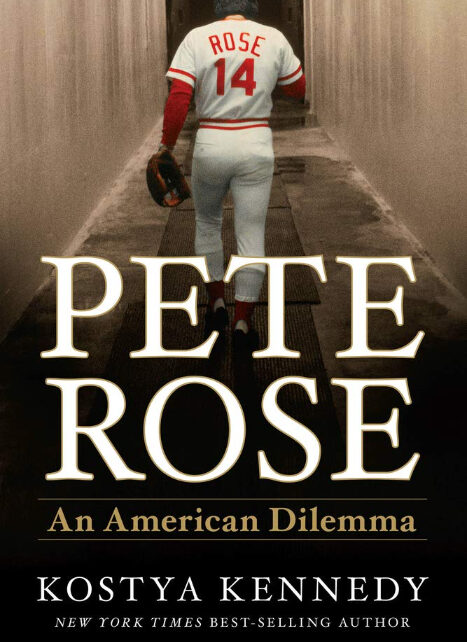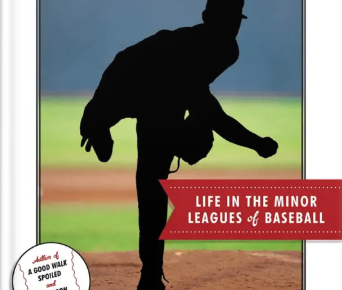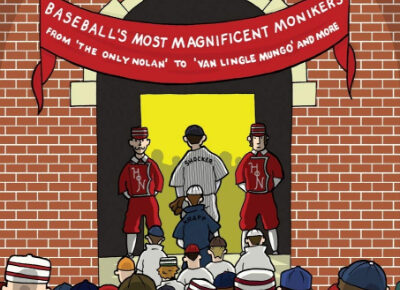Early on in Kostya Kennedy’s book, it becomes clear that he has no desire to provide any sort of deep introspection into Pete Rose. All he has to offer is a surface-level analysis of, well, nothing. That meant something needed to be added to make the book flash in some way. A book without substance is nothing more than a bunch of blank pages after all. By the third or fourth “peccadillo” it dawned on me that Kennedy was trying to hide the vacuous nature of his book with lots, and lots, and lots of purple prose. That doesn’t make for much of a book, but who needs that when Rose is the subject at hand.
That’s what Kennedy likely thought when he published his book. People love the supposed drama and eccentricities of Rose and they will eat up the saga of his life. There didn’t need to be a revelation or an earnest look at his life, not when Kennedy could unleash a barrage of peccadilloes at the reader. And, unleash he did, chapter after chapter telling the reader nothing about Rose or his life, but chock full of empty words covering for the fact that Kennedy wanted nothing more than to cash in on Rose’s name.
The problem at the heart of the book, besides Kennedy’s obvious shortcomings as an author, is that he believes people will find Rose to be a sympathetic character. It wasn’t yet common knowledge at the time of Pete Rose: An American Dilemma’s publishing that Rose was going to be credibly accused of sexual assault. However, it was known that he was a serial liar who had spent most of his life engaging in less than reputable behavior. To Kennedy, nothing Rose could have done would make him unsympathetic. When Kennedy includes a section on Rose’s daughter, Fawn, he gives her about as much time as Rose ever gave her. Then he moves on with a line about how Pete’s failures as a father were just Pete being Pete. What followed was another section on just how darn likable Rose is at all times.
In order for Pete Rose: An American Dilemma to be anything more than empty it needed to present a profile of Rose as an actual complicated human being. What it does instead is show that Rose is decidedly uncomplicated. He’s selfish, someone who only cares about others when it comes to how they can serve him. He’ll be your best friend if you pay for his autograph or sing your praises if you help him win a baseball game. There’s no dilemma when it comes to a person like Rose, they are who they are and that person is fairly abhorrent.
That’s not the approach of Kennedy, his approach is to paint all of Rose’s faults as charming in some way. It’s charming that Rose bet on baseball, charming that he cheated on his first wife, charming that he was associated with criminals and drug dealers. He goes so far down the charming path that he starts to present the picture of Rose as an unlucky victim of his surroundings. The National Baseball Hall of Fame voters had it out for Rose. The criminals Rose associated with either weren’t that bad or so bad that they were clearly to blame for Rose’s actions. The women, well, Kennedy spends so much time describing the size of their breasts that there had to be a “the women made him do it” argument in there somewhere.
Pete Rose: An American Dilemma isn’t just a bad work of non-fiction, it is fan fiction masquerading as a biography. It’s been a long time since I read a book as bad as Pete Rose: An American Dilemma. Kennedy can put that in his feathered cap and whistle all the way home to his peccadillo ranch, I’m sure the sidewalk will be plenty purple.
Lead photo courtesy of Unknown – Sports Illustrated




